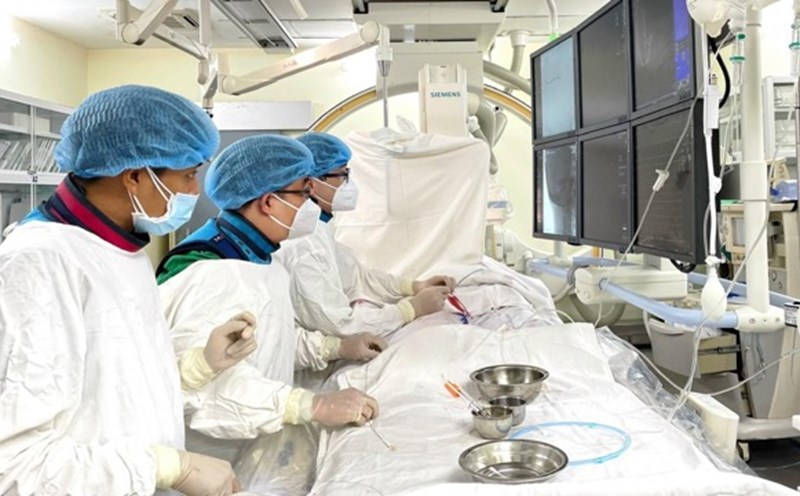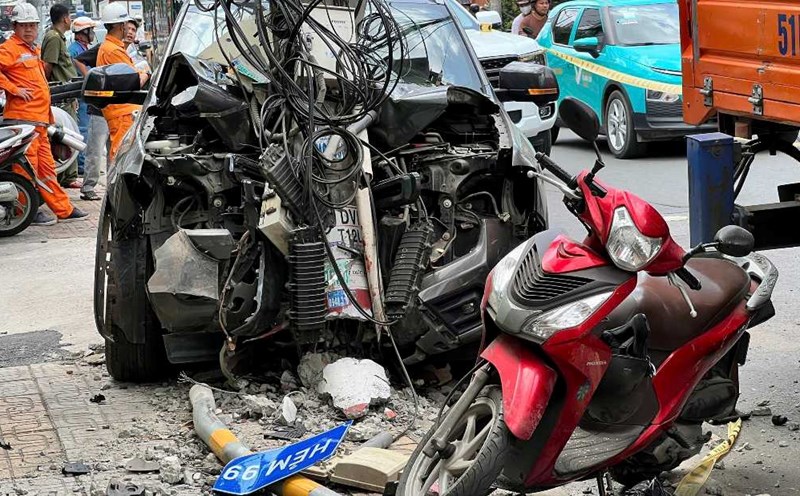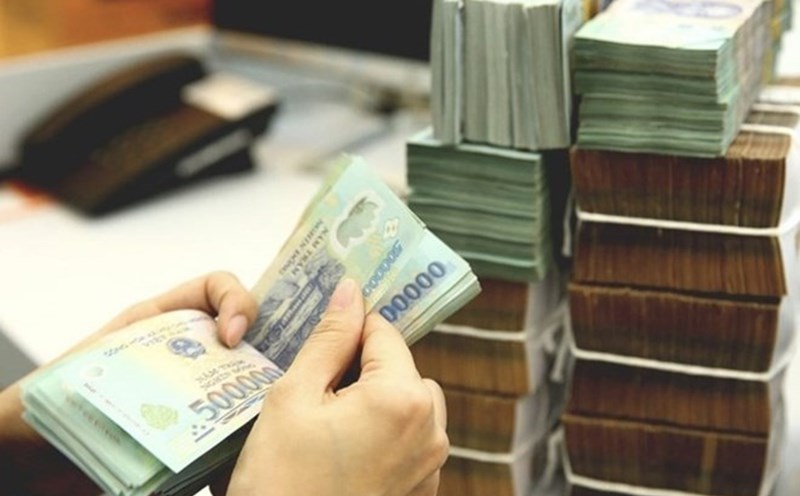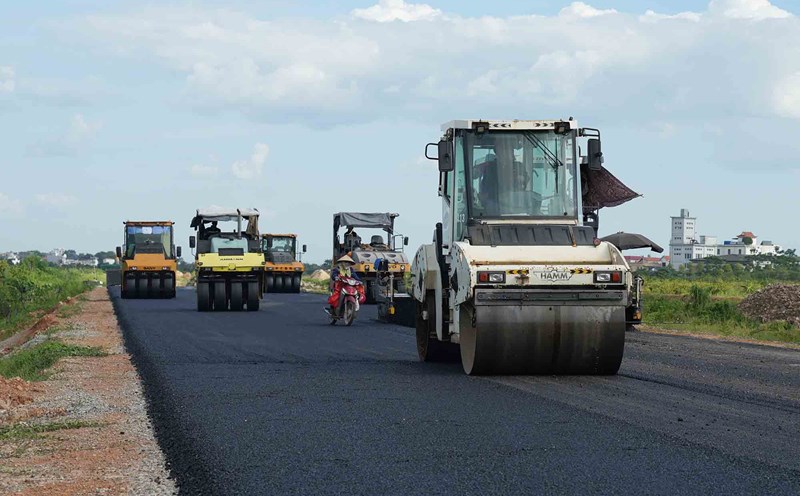Hot weather is especially dangerous for people with underlying diseases, especially those who have had a stroke
According to BSCKII. Nguyen Tien Dung - Deputy Director of the Stroke Center, Bach Mai Hospital: Extreme heat causes a significant increase in health risks, especially for vulnerable groups such as the elderly, people with cardiovascular disease, high blood pressure, diabetes and especially people with a history of stroke. Reasons include:
Severe dehydration: Hot weather causes the body to lose water and electrolytes quickly. Dehydration increases blood viscosity, reduces circulating volume, and forces the heart to work harder to pump blood. This increases the risk of blood clots - the leading cause of stroke due to local anemia.
Overload the cardiovascular system: The body has to work hard to cool down (sweat, peripheral vascular dilation) causing great pressure on the cardiovascular system, which has been damaged after a stroke or is weakening due to other underlying diseases. This can lead to a heart attack, heart failure, or sudden high blood pressure - a high risk factor for recurrent stroke.
Thermoregulation disorder: Elderly people and people with damaged nervous systems (after stroke) often have difficulty regulating their bodies' heat effectively in the face of sudden temperature changes, easily leading to exhaustion due to heat or heat stroke - a life-threatening emergency condition.
The effects of drugs: Some drugs commonly used after stroke or for cardiovascular disease (such as diuretic drugs, some blood pressure drugs) can aggravate dehydration or hinder the body's ability to adapt to heat.
Increased inflammation and oxidative stress: High temperatures can aggravate inflammation and oxidative stress in the body, which are factors related to vascular damage and the risk of stroke.
What should people with underlying diseases and people who have had a stroke do to prevent it?
- Drink enough water: Drink water regularly, even when you are not thirsty. Prioritize water, electrolyte, limit soft drinks, coffee, and alcohol (because they cause dehydration). Bring water when going out. Monitor urine color (dark yellow urine is a sign of dehydration).
- In cool places: Limit going out, especially between 10am and 4pm - the time when the sun is strongest. If you have to go out, always wear a wide-brimmed hat, sunglasses, wear loose, airy, bright clothes, and use sunscreen.
- cool your body and home: Use a fan, air conditioner. Take a cool shower or rinse with a damp cloth. Close the curtains in the sun. Use a mist sprayer, place the water pot in the house to increase humidity.
- Eat reasonably: Eat lightly, lots of green vegetables, water-y fruits (watermelon, orange, grapefruit...). Limit greasy foods and sweets. Avoid eating too much.
- Close monitoring: Measure blood pressure more often as directed by your doctor. Strictly follow the treatment regimen, take medicine on time and at sufficient doses. Do not arbitrarily stop or change the medication.
- Stay in touch: Inform relatives about your health status. People living alone need to arrange for relatives/neighbors to visit regularly.
Early recognition of stroke signs (FAST)
F (Face - Face): Mouth grinding, one side of face sagging.
A (Arm - Hand): Weakness or paralysis in one arm/leg, unable to lift.
S (Speech - Speech): Speaking quietly, difficult to speak, unable to speak or not understanding the words of others.
T (Time - Time): Call emergency 115 immediately when any of the above signs appear.
Exhausted due to heat: Heavy sweating, cold, chilly skin, rapid weakness, nausea/ vomiting, cramps, fatigue, dizziness, headache, fainting.
heat stroke: High body temperature (over 40°C), hot, dry, red skin; rapid, strong pulse, severe headache, dizziness, nausea, confusion, disorientation, convulsions, unconsciousness.











